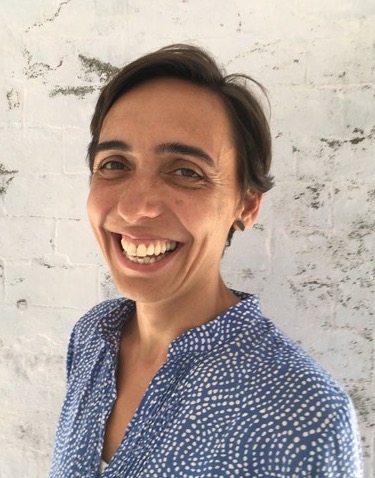Ramah McKay is an ethnographer of science and medicine. Her work has asked how practices of knowledge production, expertise, and caregiving are articulated in humanitarian and development spaces. Her first book, Medicine in the Meantime: The work of care in Mozambique (Duke University Press 2018), examined the transnational medical, economic, and epistemological practices through which global health spaces are made and maintained. Subsequent work explores the role of market actors, including pharmaceutical producers and sellers, in shaping health markets in and beyond Mozambique. In addition to ongoing research interests in the relationship between health, debt, and finance, her teaching interests include the uses and limits of feminist theory and praxis, the history and ethnography of global health, and the role of social movements in shaping health policy in the US and globally. As a faculty fellow, she is beginning new research that asks how displacement and migration are enumerated, quantified, and modeled in the context of climate change.
Ramah McKay
Wolf Humanities Center Penn Faculty Fellow
2021—2022 Forum on Migration
Ramah McKay
Associate Professor of History and Sociology of Science
Modeling Displacement: Enumerating and Forecasting Migration in an Age of Climate Change
How are migration data produced, managed, and visualized in the context of climate change? How are social and environmental models made resonant in the mapping of climate migration? Increasingly, representations of climate displacement draw from data-driven social science to understand, anticipate, and respond to displacement. These practices measure, forecast and constitute climate migration as an object of governance. Using historical and ethnographic methods, this project aims to understand the expert practices, techniques, and relations through which climate-related displacement has been constituted as an object of knowledge. And, it asks whether engaging the work of migrant activists, artists, and researchers might help unsettle the persistent coloniality of social science knowledge-making about human mobility.



